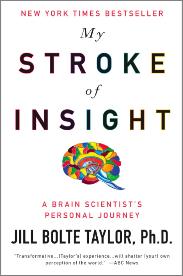Dr. Ruby Dunlap’s Uganda Fulbright Blog
Uganda’s premier English language newspaper, The New Vision, had this article with the headline, “MEDICAL STAFF ABANDON HOSPITAL IN MITYANA” in the 23 September issue, page 7.
Over 40 medical workers in Mityana Hospital on Monday morning abandoned work, leaving 400 patients unattended to.
The workers went to attend a court session where their four colleagues were charged with manslaughter following the death of a pregnant woman in labor.
Sources in the hospital said workers reportedly agreed not to return to work unless their colleagues were granted bail.
Nurses Jane Nanfuka, Agnes Namirembe, Joy Namutebi and Dorris Nalwanga allegedly refused to attend to Sylvia Nalubowa and her unborn baby last month.
The hospital administrator, Charles Luzira, said the medical workers were not on strike but were only showing solidarity to their colleagues and would return to the hospital after the court session.
The nurses were backed by officials from the national midwives and nurses association.
Chief magistrate Justine Atukwasa granted the accused bail of sh200,000 each which they paid. She then ordered them to return to court on October 6.

